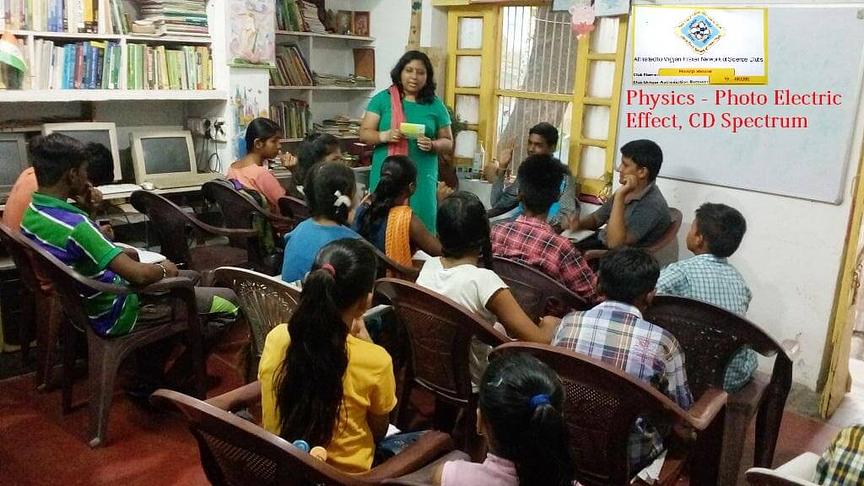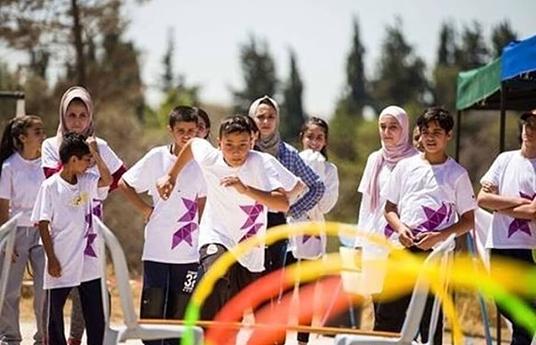What we do?
Games offer experience of adventure, challenge, and hold the attention of players for hours. We used games in an after school program for underprivileged students and school students for building awareness on sustainability, SDGs, STEAM concepts. Games foster collaboration, problem-solving, behavior change, and computational thinking. Games encourage collaboration among players and thus provide a context for peer-to-peer teaching and for the emergence of communities of learners. For example, to learn about climate change and sustainability problems, learners team-up for gathering and discussing information in a project way. Such games foster effective learning habits to change our lifestyle for sustainable living. Through creating various learning work-spaces and game scenarios we found out that a game must be not only be good for learning, but equally rewarding and entertaining, explaining complex problems such as climate change, and sustainable development.
The students use videos, board games, card games for experiential, hands-on learning. After various sessions, students showed better understanding of topics. All activities are based on school curriculum that improve knowledge and encouraged students to raise thinking skills through What, Why and How approach:
What is the problem? Why need to discuss? How can we solve?
Further, experiments and games encourage exploring surroundings and build teamwork skill to understand basic Science of Sustainability with STEAM. Recently, We signed a MoU with Department of School Education, Government of Uttarakhand for implementing 21st Century Skills and Sustainable School program in 30 schools in 2019-20 to empower students.
Why we do it?
Indian education system is facing challenge of science education to all reaching last mile to economically challenging students. Educational institutions are unable to keep pace with scientific and technological innovations and benefiting every student. Latest developments in STEM / STEAM are important for student’s employability and social development. The term STEM is an acronym for Science, Technology, Engineering and Mathematics and A in STEAM is for Arts+Design. Tech companies, Experts and many studies confirmed that future jobs will require knowledge in these fields. Despite such importance, STEM/STEAM education facing design infrastructure, curriculum, guidance, and funding issues. School education system require maker spaces, DIY (Do it Yourself Tools), smartphone, tablets, relevant software, and computers for successfully implementing STEM education. Indian government’s initiatives such as Make in India, Skill India, digital India to encourage manufacturing, technology usage and skill development in the country require STEM /STEAM as an essential and integral component of our education system. But studies show that we are not implementing them in our curriculum thus most of our young kids and youth are behind their counterparts globally. Moreover, 21st century skills such as critical thinking, inquiry based learning, collaboration, communication, SDGs, sustainability, and hands-on learning are missing in school educational institutions.



